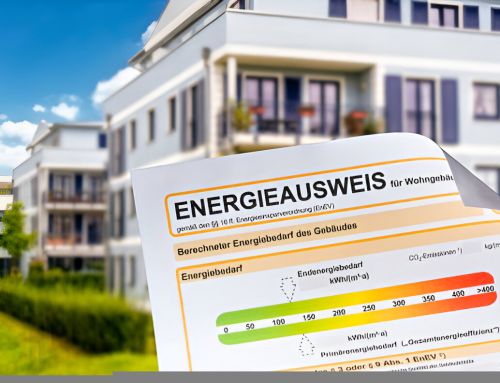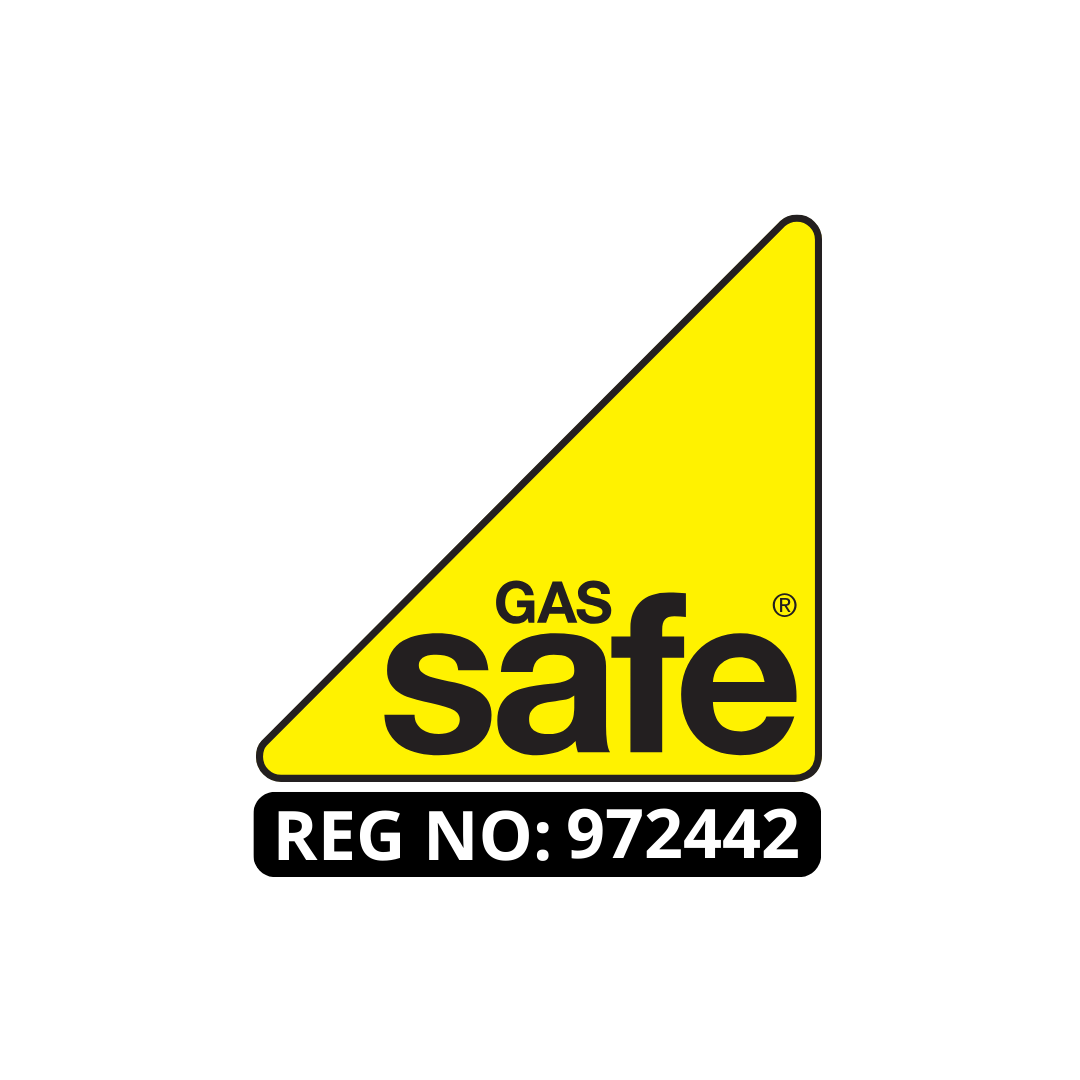
Wondering how much an Energy Performance Certificate (EPC) costs in the UK? This guide breaks down the typical EPC cost, what affects the price, how long it’s valid for, and how to get one for your property.
Key Takeaways
- The average cost of obtaining an EPC in the UK ranges between £60 and £120.
- Costs vary based on property type, size, and location, with larger properties typically incurring higher fees.
- The complexity of a property’s energy systems can influence the assessment costs significantly.
- Choosing an accredited assessor with experience may result in premium pricing, but ensures quality.
- Additional costs may arise from remedial measures, follow-up assessments, or administrative fees for registration.
Understanding the Energy Performance Certificate (EPC)
Although many property owners in the UK may be unfamiliar with the specifics, the Energy Performance Certificate (EPC) serves as an important tool for evaluating the energy efficiency of buildings.
The EPC provides a thorough assessment of a property’s energy performance, offering ratings from A (most efficient) to G (least efficient). This certificate is essential for compliance with governmental regulations and informs prospective buyers or tenants about the energy costs associated with a property.

The EPC assesses energy performance, rating properties from A to G, ensuring compliance and informing buyers about energy costs.
In addition, an EPC includes recommendations for improvements that can enhance energy efficiency, potentially increasing property value and reducing energy bills.
Understanding the EPC’s implications is critical for property owners aiming to optimize their investments and contribute to broader energy conservation efforts.
Average Costs of Obtaining an EPC
Obtaining an Energy Performance Certificate (EPC) involves certain costs that property owners should consider.
The average cost for an EPC in the UK typically ranges between £60 and £120. Factors such as property type, size, and location can influence these costs, with larger or more complex properties generally incurring higher fees.
Additionally, the choice of an accredited assessor may affect pricing; while online services may offer lower rates, the quality of assessment can vary.
It is vital for property owners to budget accordingly and understand that the EPC is an imperative document for compliance with energy efficiency regulations.
Investing in a thorough assessment guarantees accurate ratings and aids in potential energy improvements.
Factors Influencing EPC Pricing
Several factors influence the pricing of Energy Performance Certificates (EPCs) in the UK, impacting the overall cost that property owners may incur.
Primarily, the size and type of property play an essential role; larger homes or commercial buildings typically require more extensive assessments, resulting in higher fees.
The complexity of the property’s energy systems also affects pricing; properties with advanced or non-standard heating and insulation may necessitate specialized evaluations.
Additionally, the location can dictate costs, as some regions may have higher demand for EPC assessments, which raises prices.
Finally, the qualifications and experience of the accredited assessor can influence fees, with more seasoned professionals often charging a premium for their expertise.
Additional Costs to Consider
When budgeting for an Energy Performance Certificate (EPC), property owners should be aware that additional costs may arise beyond the standard assessment fee.
These supplementary expenses can include remedial measures necessary to improve energy efficiency, such as upgrading insulation or heating systems to meet compliance standards.
Moreover, if a property is found to have significant deficiencies, subsequent assessments may be required, incurring additional fees.
Property owners might also consider the costs associated with obtaining expert consultations or energy audits to achieve ideal energy ratings.
It is prudent to budget for potential administrative fees related to registering the EPC with local authorities.
Understanding these factors can provide a more thorough financial framework for obtaining an EPC.
How to Find an Accredited EPC Assessor
Finding an accredited EPC assessor is essential for property owners seeking a reliable energy performance evaluation.

To locate a qualified professional, one should begin by consulting the official government website, which provides a list of registered assessors.
Additionally, industry bodies such as the Energy Performance Certificate Association (EPCA) and the Royal Institution of Chartered Surveyors (RICS) offer directories of accredited assessors.
Property owners can also seek recommendations from real estate agents or local councils, ensuring that the assessor possesses the necessary qualifications and experience.
It is prudent to verify the assessor’s accreditation through their membership in recognized organizations, as this guarantees adherence to industry standards and practices, ensuring a thorough and accurate assessment of the property’s energy performance.
Tips for Reducing EPC Costs
Reducing the costs associated with obtaining an Energy Performance Certificate (EPC) can be achieved through several strategic measures.
First, property owners should compare quotes from multiple accredited assessors to guarantee competitive pricing.
Additionally, conducting a preliminary self-assessment of the property can identify potential energy efficiency improvements, potentially increasing the EPC rating before the official assessment. This may result in a lower overall cost if the property qualifies for discounts.
Furthermore, scheduling assessments during off-peak times can sometimes yield reduced fees.
Finally, staying informed about any government grants or subsidies aimed at improving energy efficiency can further offset expenses.
Importance of EPC in Property Transactions
The Energy Performance Certificate (EPC) plays a crucial role in property transactions, serving as a benchmark for energy efficiency and environmental impact. A valid EPC is essential for both sellers and buyers, as it influences property value and marketability.
The Energy Performance Certificate (EPC) is vital in property transactions, impacting energy efficiency, value, and marketability.
Its significance is underscored by the following points:
- Regulatory Compliance: Required for selling or renting properties, ensuring adherence to legal standards.
- Informed Decision-Making: Provides prospective buyers with critical information regarding energy costs and potential improvements.
- Market Appeal: Properties with higher EPC ratings attract environmentally conscious buyers, enhancing competitiveness.
- Long-term Investment: A good EPC can indicate lower running costs, appealing to investors seeking sustainable properties.
Frequently Asked Questions
How Long Is an Energy Performance Certificate Valid?
An energy performance certificate (EPC) remains valid for ten years. After this period, a new assessment is required to guarantee compliance with current energy efficiency standards, aiding property owners and prospective buyers in informed decision-making.
Can I Appeal an EPC Rating?
Individuals can appeal an Energy Performance Certificate (EPC) rating if they believe it is inaccurate. The appeal process typically involves gathering supporting evidence and submitting a request through the appropriate regulatory body for reconsideration.
Are EPCs required for All Properties?
Energy Performance Certificates (EPCs) are mandated for most residential and commercial properties in the UK during sales or rentals. Exceptions exist, including certain listed buildings and temporary structures, underscoring the importance of compliance in property transactions.
About the Author: LandlordCertificate
Related Posts
Get Social
Recent Posts
- EICR London Safety Checks: Ensuring Electrical Compliance for Every Property
- Detailed Overview of Gas Safety Certificate London and Legal Requirements
- How Can a Fire Risk Assessment London Report Support Audits and Insurance
- Fire Risk Assessment London: Essential Guidance for Landlords and Managers
- Complete guide to gas safety certificate compliance for property use













